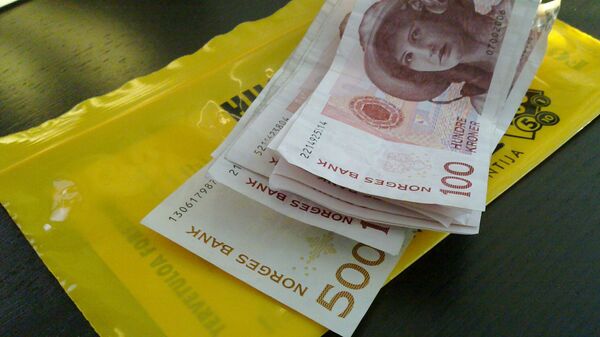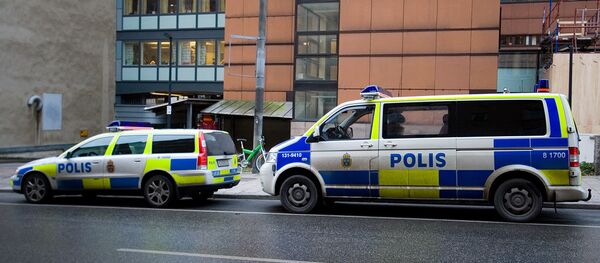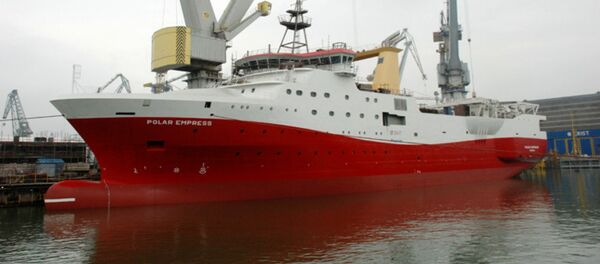Hawala, a huge network of money brokers, primarily located in the Middle East, North Africa, the Horn of Africa, and the Indian subcontinent, operates outside of, or parallel to, traditional banking. It also provides a legitimate service for money transfers between countries that have no functioning banking. According to the FSA, however, the use of Hawala transfers implies a high risk of money being laundered or used to finance terrorism.
According to FSA section manager Ole-Jørgen Karlsen, Hawala businesses could become a channel for sending the proceeds from crimes such as trafficking, prostitution and drug dealing out of the country. The transferred money may be used to finance terrorism in conflict areas around the world.
"The large number of agents makes it challenging for Norwegian authorities to keep track of where the money goes," Karlsen said.
Norwegian authorities are concerned about the quality of the affiliated actors and want more transparency, supervision and knowledge from the industry itself.
Currently, transfer agents are being urged to report suspicious transactions to Norwegian authorities.
Previously, government officials in many countries asserted that Hawala can be used to facilitate money laundering, avoid taxation, and move wealth anonymously.





